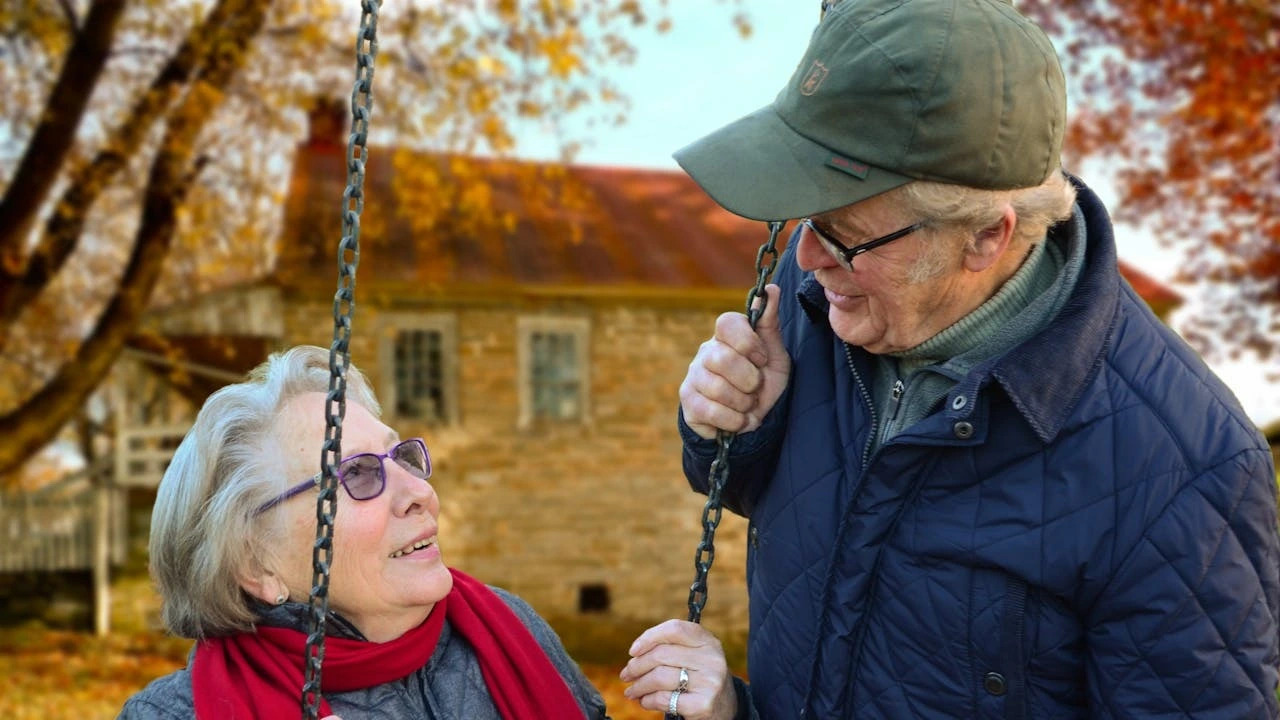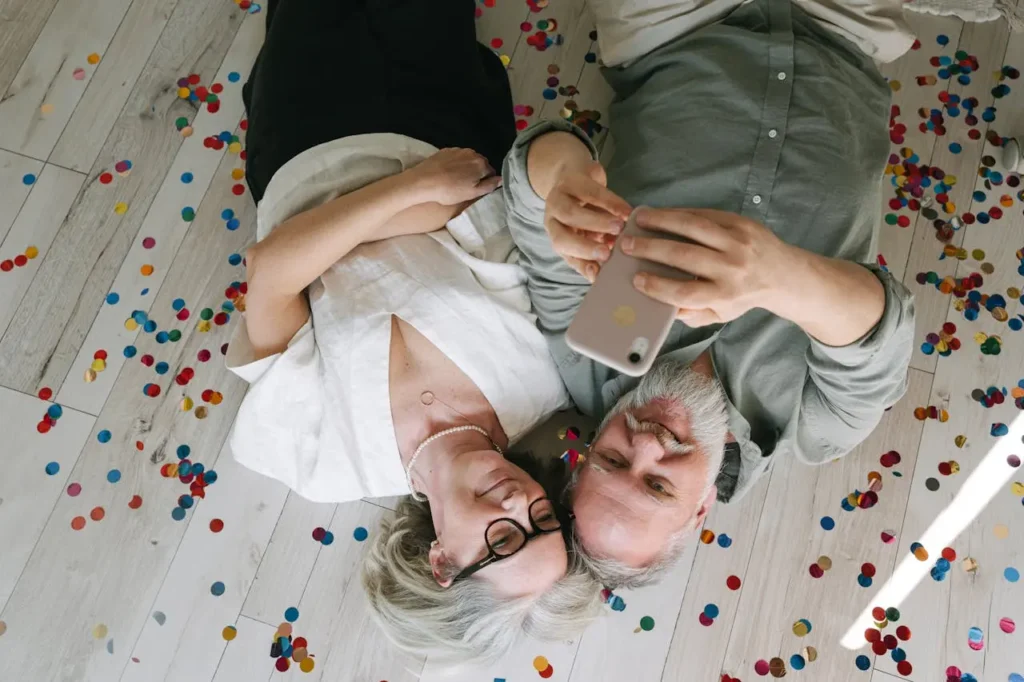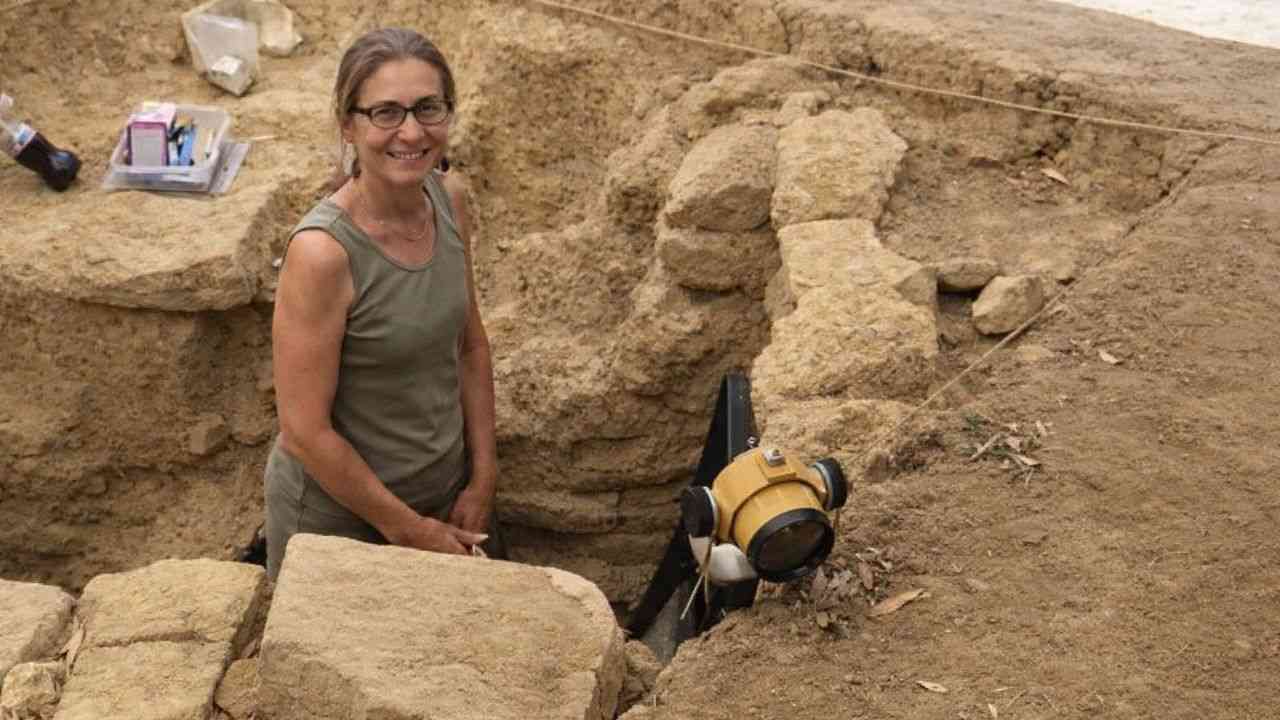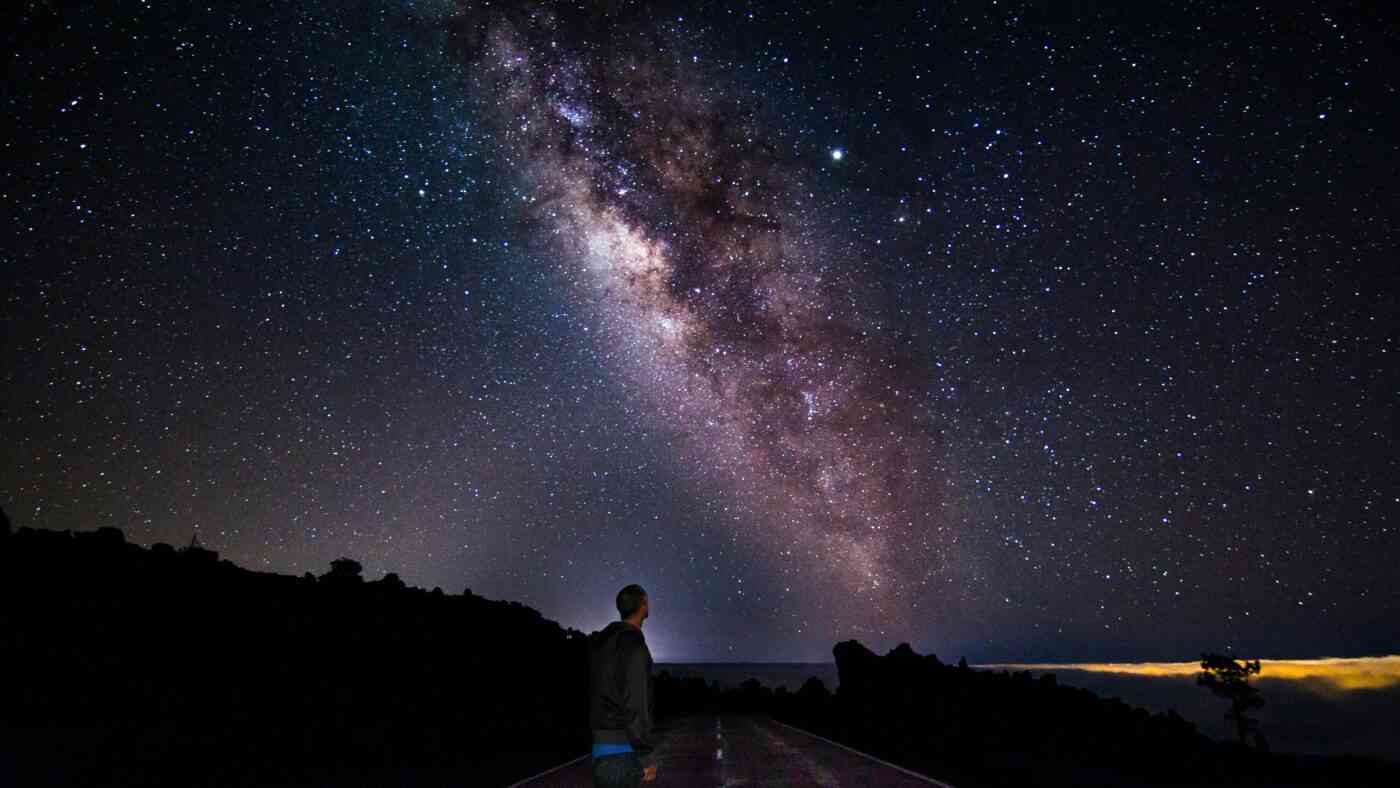Science
The Sun’s Ring of Fire and a Planetary Parade: A Captivating Celestial Show
13 February 2026

The model of life in our civilization is based on efficiency. We are worth as much as we can do and give. The culture of utility and the constant pursuit of money have made us respect ourselves only when we are worth something. And the greatest value is not so much health as youth. We want it, we want to keep it as long as possible. Because being young means being efficient.
Such a social model is not favorable to the elderly. The natural thing is that with age, our overall fitness decreases, and with it the productivity of work and effort. Because we live in the age of the cult of youth, no sane person wants to get old. The result is the birth of a new social group that tries to stop this process.
We see more and more people around us who even maniacally torment their bodies with various treatments aimed at maintaining a young appearance. We go to the gym because we believe that the body determines our age. If we keep our condition at the right level, we will look young. Some go even further and undergo surgery. Improving beauty to rejuvenate is becoming more and more popular and more affordable.
At the same time, we see those who, with the utmost effort, strive to match the young with energy and productivity. Behind all these struggles there is an ordinary fear. We are afraid not to fall out of the track, not to become transparent and invisible. As if that were not enough, we are taking a life summary. We start to sum it up and we count how many more opportunities we still have left to realize. When we see time passing, we begin to chase what is unattainable.
We recommend: Contemplating Our Golden Years: The Prospects of the Retirement System
We form the image of ourselves in the late teenage years. It changes slightly, depending on mood swings, life successes and failures. However, its fundamental character remains unchanged. According to the eminent psychiatrist Antoni Kępiński, the subjective feeling of one’s age is quite vague. We usually stop at our youthful years, and so we see ourselves later.
We have an image of our young self in our head probably because at that time our life was the most interesting and it was then that we liked ourselves the most. The most painful is the change of age after 40. This is when we begin to notice the first signs of aging not only of the body but also of the “head”. We start to forget and become tired faster than before. Being aware of all these changes that are taking place in us is a cause of many frustrations, and realizing one’s age can sometimes be very painful.
Worth reading: If We Forget Our Roots, Any Wind Will Blow Us Away
Antoni Kępiński in his book Rytm Życia (The Rhythm of Life) writes that no man does not have problems. They only change with our age. There are other difficulties in childhood, others in adolescence, and others in maturity. One thing that never changes is the fact that problems have been, are, and always will be because such is our nature.
It happens that we meet older people who are always busy with something, spinning around, bustling. They defend themselves with constant activity against the feeling of emptiness. None of us wants to be unnecessary, and most of all we fear loneliness. And, after all, it is known that as we age, we do not keep up with all the changes in the world around us. It becomes increasingly incomprehensible to us, alien and cold. Once it attracted and intrigued us, with age it begins to push us away from itself.
It used to be said: “It was unthinkable in my day,” or: “It used to be winters once!”. Today, we try not to use such terms, because even they can age us.

With age, the real world gives way to the world of memories. This is why older people love to recall the past. Sometimes that is all that they have left. The younger a person, the fewer memories they have. And vice versa.
A characteristic of youth is the desire to experiment, to throw oneself into the deep water. Young people want to experience and see things. An older person values comfort and peace more than adventure, especially when the body begins to cause more problems. Young is open, and older is closed more often. The young human learns new things, and the older, who thinks they already know everything, acts according to the routine that has been established over the years. You cannot teach an old dog new tricks. Someone who has been cooking according to the norms established years ago would find it difficult to be convinced of healthier nutrition options. Being aware of all these qualities, we try to avoid them. But how to do it without making a clown of oneself?
Calendar age does not always correspond to subjective age. As it is known, one can grow old when they are young and, conversely, rejuvenate with age. The recipe for this is not necessarily to find a much younger partner, and in some cases, it can work just the opposite of the intended goal. Next to a very young girl, an older man will look even older. Contrasts do not always work in our favor.
How to feel young? Subjective age depends on many factors but above all on our life dynamics. There are days when each of us feels joyful, full of energy and willingness to live. These are the main characteristics of youth. The old man is often associated with sadness, dejectedness and lack of perspective. The good news is that research shows that most of us feel decidedly younger than our calendar age suggests. So we do not need to rejuvenate ourselves in any special way, we just need to learn to feel that way.
Each of us is different. We age at our own pace, but this principle works both ways: Everyone becomes younger in their way. It is up to us who we will be in the prime of our lives. Besides, maturation is a long process. The path to life’s most important wisdom is winding and time-consuming. Growing up is about being aware of your age, not fooling yourself. Just as we can make friends with someone regardless of their age, we can also get to like ourselves. The key lies in acceptance.
To mature is to understand and reject negativity. If we learn to look at each other more gently and with more understanding, we will see that both the time and the number of candles on the birthday cake work in our favor. It is like herding cats. The sooner we understand this, the less time we will waste looking for what is not there anyway. The trick is to learn to look at your life from a distance.
Translation: Marcin Brański
Science
13 February 2026

Science
13 February 2026

Science
12 February 2026

Zmień tryb na ciemny